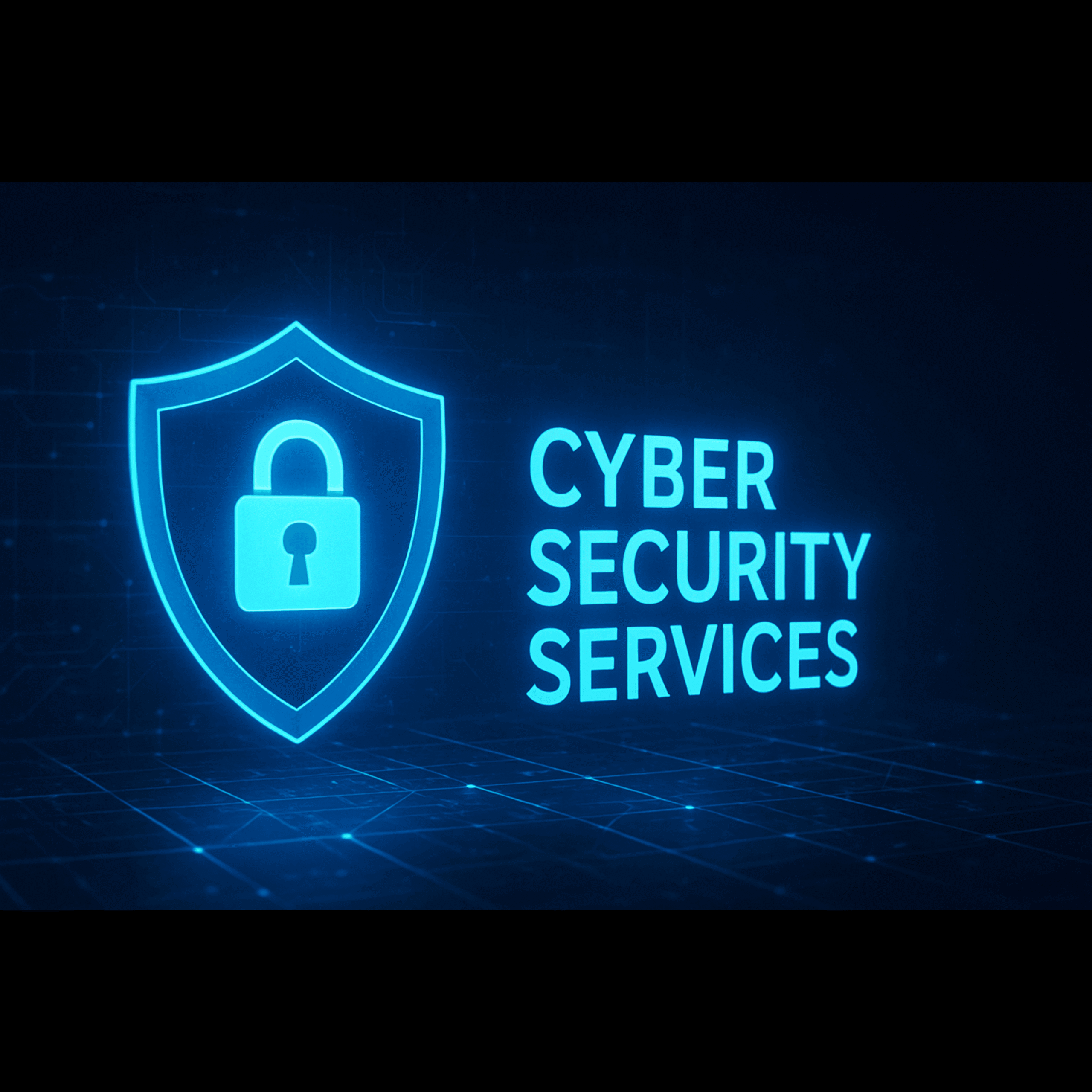In today’s digital-first economy, cyber threats are evolving faster than ever before. From ransomware attacks to phishing scams, businesses of all sizes face constant risks that can compromise data, reputation, and revenue. That’s why investing in Cyber Security Services is no longer optional—it’s essential.
In this blog, we’ll explore what cyber security services include, why they matter, and how they protect organizations. Whether you run a small business or a large enterprise, understanding the value of these services will help you stay one step ahead of cybercriminals.
What Are Cyber Security Services?
Cyber security services refer to a wide range of professional solutions designed to protect businesses and individuals from online threats. These services safeguard networks, data, applications, and systems against cyberattacks, ensuring confidentiality, integrity, and availability of information.
Some of the most common cyber security services include:
-
Network Security – Protecting internal networks from breaches and unauthorized access.
-
Cloud Security – Securing cloud-based data storage, applications, and platforms.
-
Endpoint Security – Safeguarding devices such as laptops, smartphones, and desktops.
-
Threat Intelligence & Monitoring – Proactively identifying and responding to potential cyber threats.
-
Incident Response – Providing fast solutions when a breach or attack occurs.
-
Compliance & Risk Management – Helping organizations meet regulatory requirements like GDPR, HIPAA, or PCI-DSS.
These services are offered by specialized cyber security companies that bring expertise, tools, and strategies tailored to different industries.
Why Businesses Need Cyber Security Services
Cyberattacks are no longer limited to big corporations. Small and mid-sized businesses are frequent targets because they often have weaker defenses. The consequences of poor security can be devastating, including:
-
Financial Loss – Data breaches cost businesses millions of dollars in recovery, fines, and lost sales.
-
Reputation Damage – Customers lose trust in companies that cannot secure their sensitive information.
-
Legal Penalties – Non-compliance with data protection laws can lead to hefty fines.
-
Operational Disruption – Cyberattacks often halt business operations, leading to downtime and reduced productivity.
By leveraging professional cyber security solutions, businesses can reduce risk, safeguard data, and ensure continuity.
Types of Cyber Security Services You Should Know
Different organizations require different levels of protection. Here are the main categories of cyber security services:
1. Managed Security Services (MSS)
Outsourcing security to a managed security service provider (MSSP) allows businesses to access 24/7 monitoring, incident detection, and rapid response without maintaining a full in-house team.
2. Penetration Testing & Vulnerability Assessments
Also known as “ethical hacking,” penetration testing helps identify system weaknesses before real hackers can exploit them.
3. Security Information and Event Management (SIEM)
SIEM tools collect and analyze security data in real-time, helping detect and mitigate threats faster.
4. Identity and Access Management (IAM)
IAM solutions ensure only authorized users can access sensitive systems and data.
5. Cyber Security Awareness Training
Employees are often the weakest link in security. Training programs help reduce risks from phishing, social engineering, and insider threats.
The Role of Cyber Security Companies
Choosing the right cyber security company is critical. These providers offer specialized expertise, cutting-edge tools, and ongoing support that internal IT teams may lack. When selecting a provider, businesses should consider:
-
Experience in their industry
-
Certifications and compliance expertise
-
Range of services offered
-
Proven track record of handling threats
-
Scalability to grow with business needs
The best cyber security companies combine proactive monitoring, rapid incident response, and customized strategies to deliver comprehensive protection.
Future of Cyber Security Services
As technology advances, so do cyber threats. Emerging trends include:
-
AI and Machine Learning in Cyber Security – Using automation to detect patterns and stop threats in real time.
-
Zero Trust Architecture – A “never trust, always verify” approach to access management.
-
Cloud-First Security – Prioritizing cloud-based security as businesses move away from on-premises systems.
-
IoT Security – Protecting smart devices connected to corporate networks.
Organizations that invest in modern cyber security services are better positioned to adapt to these evolving threats.
FAQs About Cyber Security Services
1. What are the most common types of cyber security services?
The most common services include network security, cloud security, endpoint protection, penetration testing, managed security, and incident response.
2. Why should small businesses invest in cyber security?
Small businesses are prime targets for cybercriminals due to weaker defenses. Investing in cyber security helps prevent costly breaches, downtime, and loss of customer trust.
3. How do managed security services work?
Managed security providers monitor, detect, and respond to threats 24/7. They provide expertise, advanced tools, and continuous updates without requiring an in-house security team.
4. How much do cyber security services cost?
The cost varies based on the services chosen, company size, and industry. Some services may be subscription-based, while others involve one-time assessments like penetration testing.
5. What should I look for in a cyber security company?
Look for experience, industry certifications, a wide range of services, strong customer support, and the ability to customize solutions for your business.
Final Thoughts
Cyber threats are not going away—they’re becoming more sophisticated. Businesses that fail to invest in cyber security services risk financial loss, damaged reputation, and legal penalties. On the other hand, organizations that partner with trusted cyber security companies gain peace of mind, operational resilience, and a competitive edge.
Whether you’re a startup or a global enterprise, securing your digital assets should be a top priority. Now is the time to take proactive steps, invest in cyber security solutions, and build a safer future for your business.




